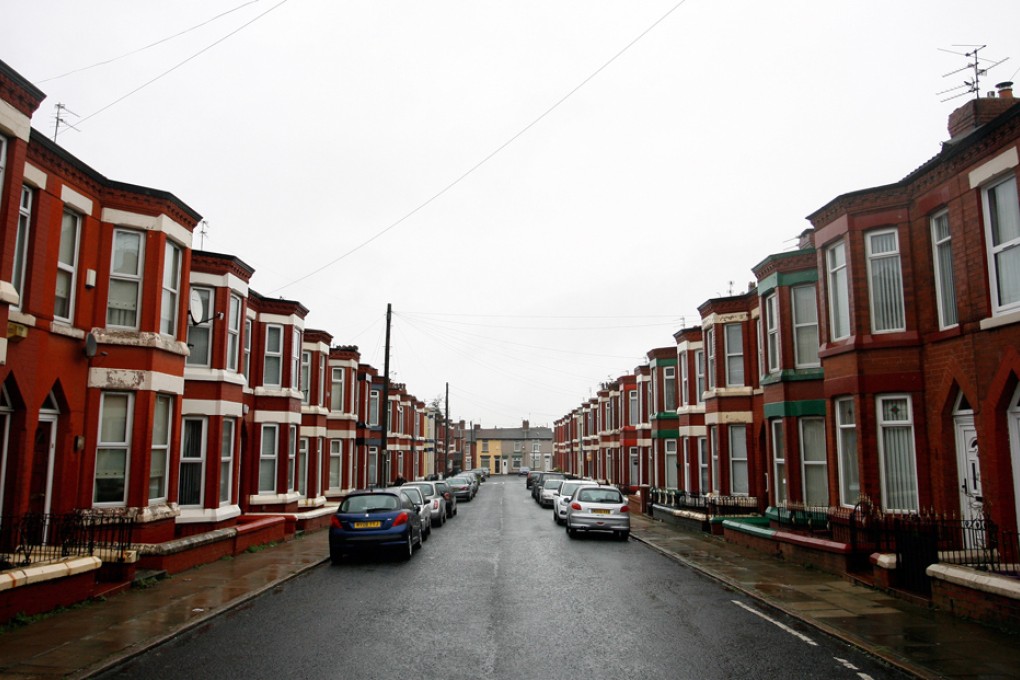UK to impose capital gains tax on foreigners
New rule includes all who sell non-primary residence but impact is expected to be limited

Hong Kong property analysts are awaiting further details of a proposed capital gains tax on foreign investors in Britain but believe the impact is likely to be limited given the existing property taxes at home and abroad.

"It's not right that those who live in this country pay capital gains tax when they sell a home that is not their primary residence while those who don't live here do not," Osborne told parliament. "That is unfair.
"From April 2015, we will introduce capital gains tax on future gains made by non-residents who sell residential property in the UK."
Britons pay capital gains tax - typically at 28 per cent - on any profit from selling property that is not considered their primary residence.
Property prices in London have jumped about 10 per cent in the past 12 months and increases in some parts of the capital have been greater, driven by demand from foreign investors hunting for a second home or wanting to tie their cash in the safe haven of London.